Estimated reading time: 8 minutes
Have you noticed your dog breathing unusually fast and wondered why this is happening? Rapid breathing in dogs can be perfectly normal–or it can be a symptom of a variety of health issues, from lung diseases to heatstroke.
This blog will help you understand the possible causes, identify warning signs, and know when it’s time to contact your vet. Let’s dive into understanding what might be causing your pet’s heavy panting!
Key Takeaways
- Rapid breathing in dogs can be a symptom of various health issues, including respiratory problems, heat stroke, heart disease, pain or discomfort, and anxiety.
- It’s important to monitor your dog’s breathing rate and recognize the difference between normal and abnormal breathing patterns.
- If you notice signs of fast breathing in your dog such as excessive panting while at rest or difficulty breathing, it’s crucial to contact your veterinarian for proper diagnosis and treatment.
Normal vs. Abnormal Breathing in Dogs
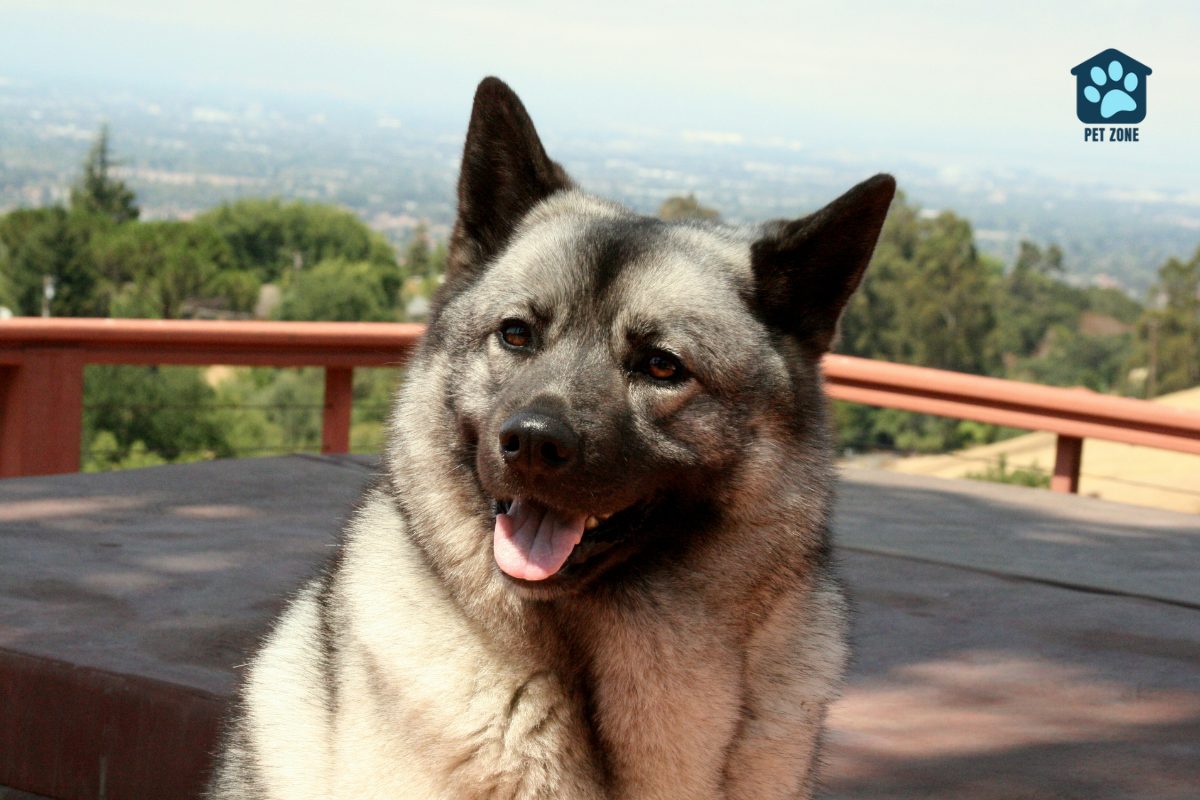
What is “normal” breathing for a dog?
A dog is breathing normally if it takes about 15 to 40 breaths per minute. This rate changes based on what the dog is doing.
For a puppy, this range stays the same–but puppies may breathe fast when they sleep because of their dreams.
After playtime, dogs pant or breathe fast as well which is normal. In all these cases, there’s no need to worry!
What is “abnormal” breathing for a dog?
A dog is breathing abnormally when it makes rough sounds like grunts or squeaks. This can be a sign of breathing issues. Panting all the time even when cool or not playing can also mean your dog is not breathing right.
Heavy, fast gasps could point to fluid stuck in the lungs.
The number of breaths your dog takes each minute matters too. If your dog takes more than 40 breaths per minute while at rest, this is not normal and may cause concern.
A resting dog taking over 30 breaths per minute all the time might also have a problem with its breathing.
Possible Causes of Rapid Breathing in Dogs
Anxiety
Anxiety can cause your dog to breathe fast. Just like humans, dogs can also feel stressed or nervous in certain situations. This can lead to a faster breathing rate as their body responds to the anxiety.
If you notice that your dog is panting heavily and breathing abnormally fast, it could be a sign of anxiety. Thankfully, there are calming techniques that may help alleviate anxiety and reduce fast breathing in dogs.
It’s important to provide a comforting environment for your furry friend and seek guidance from a certified dog behaviorist if needed. Remember, understanding your dog’s emotions is crucial in maintaining their overall well-being.
Respiratory issues (laryngeal paralysis, tracheal collapse, infections)
Fast breathing in your dog could be due to some respiratory issues. Here are a few of them:
- Laryngeal paralysis: This is a problem where the voice box does not open correctly. It is tough for your dog to breathe in this case. The bad news is that laryngeal paralysis can get worse as time goes on.
- Tracheal collapse: This issue makes it hard for air to reach your dog’s lungs. Because of this, your pooch will breathe fast and might cough a lot.
- Infections: If your dog gets sick with an infection, it could result in fast breathing. Lung disease and bugs that cause illness can also make your pet pant more.
- Other problems with how the body works: Sometimes, a part of your dog’s body may not work right, causing fast breathing. For example, if the airway has an issue like tracheal collapse or laryngeal paralysis, your pet will breathe heavily.
Heat stroke
Heat stroke is a serious condition that can affect dogs, especially those with dark or thick haircoats. It occurs when a dog’s body temperature rises dangerously high, causing symptoms like heavy panting, difficulty breathing, excessive drooling, and lethargy.
If left untreated, heat stroke can be life-threatening for your furry friend. It’s important to keep your dog cool in hot weather by providing shade and plenty of water.
If you suspect your dog may have heat stroke, contact your veterinarian immediately for urgent care and treatment.
Heart disease
Heart disease is a serious health condition that can affect dogs. It can cause fast and heavy breathing, as well as other symptoms like coughing and difficulty breathing. If your dog has heart disease, their heart may not be able to pump blood effectively, which can lead to fluid buildup in the lungs.
This makes it harder for them to breathe properly. Heart disease in dogs can be caused by factors such as aging, genetics, or certain medical conditions. It’s important to monitor your dog’s breathing and seek veterinary care if you notice any signs of heart disease or respiratory distress.
Treatment options for heart disease in dogs may include medication, lifestyle changes, and regular check-ups with your vet to manage the condition effectively.
Pain and discomfort
If your dog is breathing fast, it could be a sign that they are experiencing pain or discomfort. Dogs can’t tell us when something hurts, so their rapid breathing might be their way of letting us know that they’re not feeling well.
It’s important to pay attention to any changes in their breathing pattern and seek veterinary care if you suspect that your dog is in pain. Rapid breathing can indicate an underlying condition that needs to be addressed by a professional.
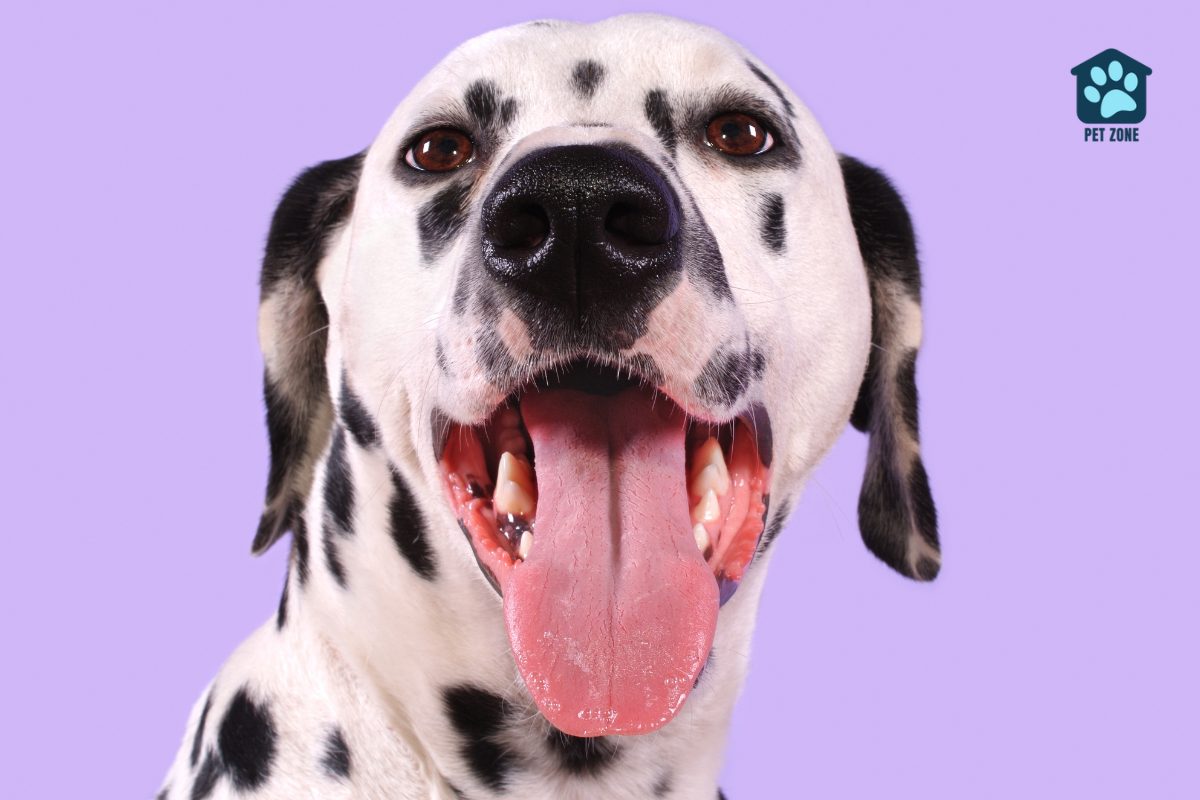
When to Contact Your Veterinarian
If you notice any of the following symptoms in your dog, it’s important to contact your veterinarian as soon as possible: difficulty breathing or experiencing respiratory distress, breathing abnormally fast while sleeping or resting, heavy panting that doesn’t subside, rapid breathing not associated with physical activity or heat, and any other signs of respiratory issues.
Your vet will be able to determine whether the problem is located in the heart, upper respiratory tract, or another underlying cause and provide appropriate treatment options for your dog’s health.
Symptoms to watch for
Pay attention to these signs that your dog may be breathing fast:
- Excessive panting or fast breathing while resting.
- Withdrawing and hiding.
- Abnormal body posture.
- Reluctance to eat, drink, or move.
- Pale or blue-tinged gums.
- Coughing or wheezing.
- Signs of pain.
When to seek immediate care
If your dog is having difficulty breathing or if their breathing is labored, it’s important to seek immediate care from a veterinarian. Labored breathing, fast breathing, and wheezing in dogs can quickly become serious problems.
If you notice any of these signs, especially if they are accompanied by withdrawal behavior or abnormal body posture, don’t hesitate to make an appointment with your vet right away. Additionally, if your dog’s resting respiratory rate is above 40 breaths per minute, it is considered abnormal and should be investigated.
It’s better to err on the side of caution and get professional help as soon as possible when it comes to your dog’s breathing.
Diagnosis and Treatment
The veterinarian will perform diagnostic tests to determine the underlying cause of your dog’s fast breathing. Treatment options will depend on the diagnosis and may include medication, rest, or other therapies to improve your dog’s respiratory health.
How a vet will diagnose the cause of fast breathing
The vet will start by doing a physical check-up on your dog. They will listen to their heart and lungs, looking for any abnormalities. The vet will also check for signs of anxiety or stress that could be causing fast breathing.
To further evaluate the cause, the vet may do bloodwork, X-rays, or ultrasounds. They will consider potential causes like heart or lung diseases, infections, allergies, or other medical conditions.
By examining your dog’s overall health and conducting tests, the vet will determine what is causing the fast breathing and develop a treatment plan accordingly.
Treatment options and next steps for your dog’s health.
Your veterinarian will determine the best treatment options for your dog’s fast breathing based on the underlying cause. They will conduct a physical examination to identify the source of the problem.
Treatment may involve stabilizing your dog with rest and oxygen therapy while addressing the primary cause of their breathing difficulty. Continued oxygen therapy might be necessary until the underlying issue is resolved.
It is crucial to consult a veterinarian for guidance on how to best manage and treat your dog’s fast breathing.
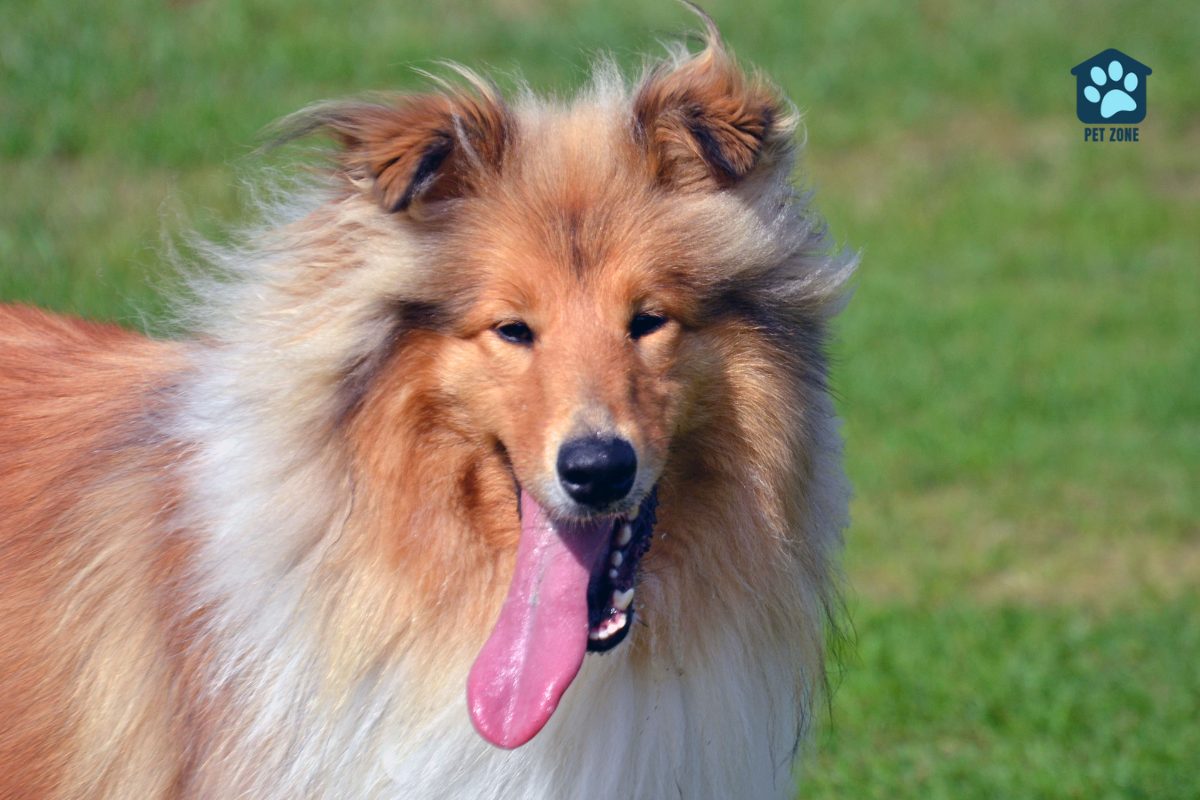
Conclusion
If you notice that your dog is breathing fast, it could be a sign of something wrong. Rapid breathing in dogs can be caused by various things like heat stroke, lung diseases, pain or anxiety.
It’s important to pay attention to any changes in your dog’s breathing and seek veterinary care if needed. Remember, a healthy dog will usually have a normal breathing rate of about 15 to 40 breaths per minute while resting.
As an Amazon Associate I earn from qualifying purchases.
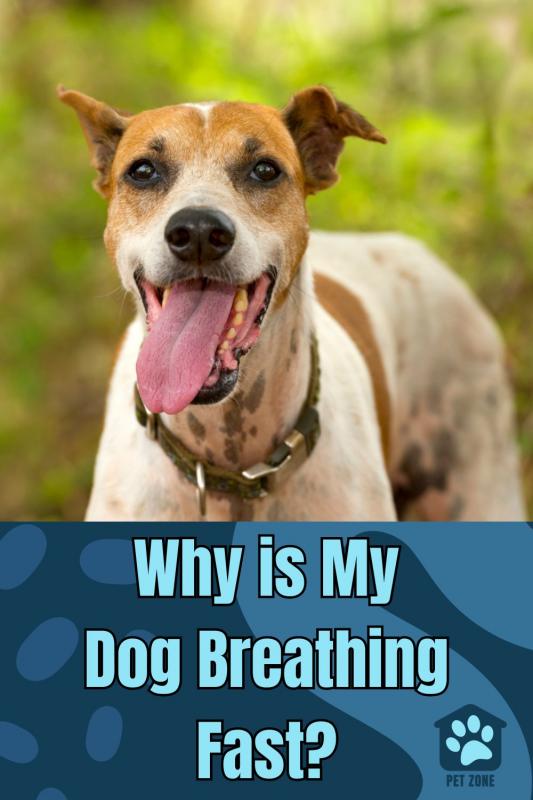


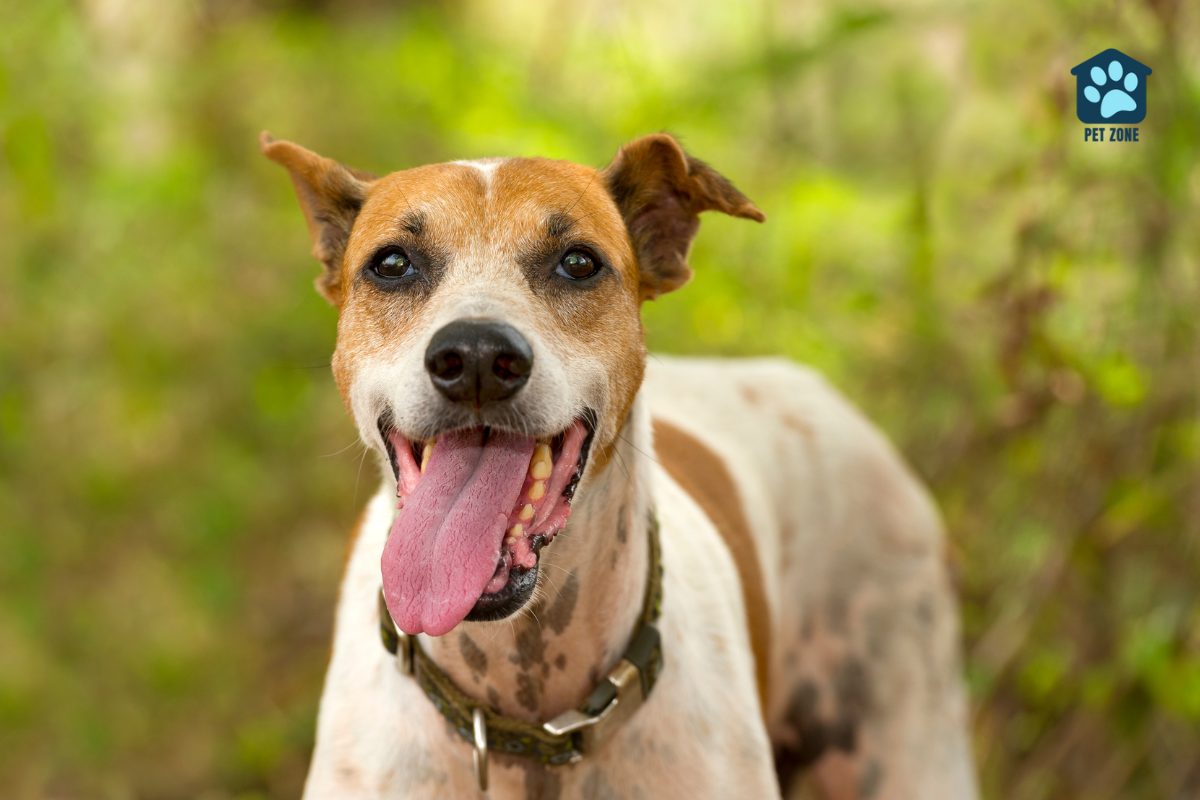

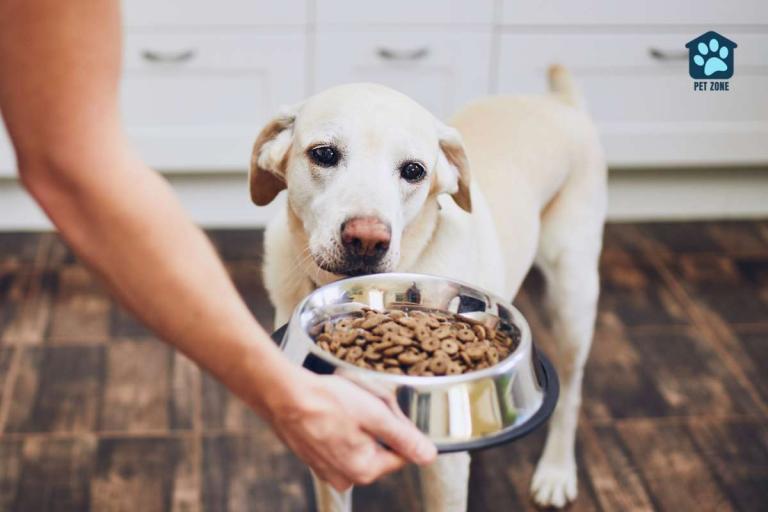


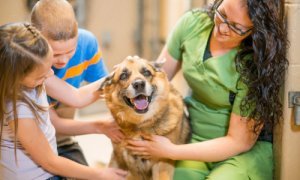

Hmmmm. I may have just diagnosed my boyfriend’s dog with anxiety, lol. I’ll send him this article to see what he thinks. Thanks for the insight!